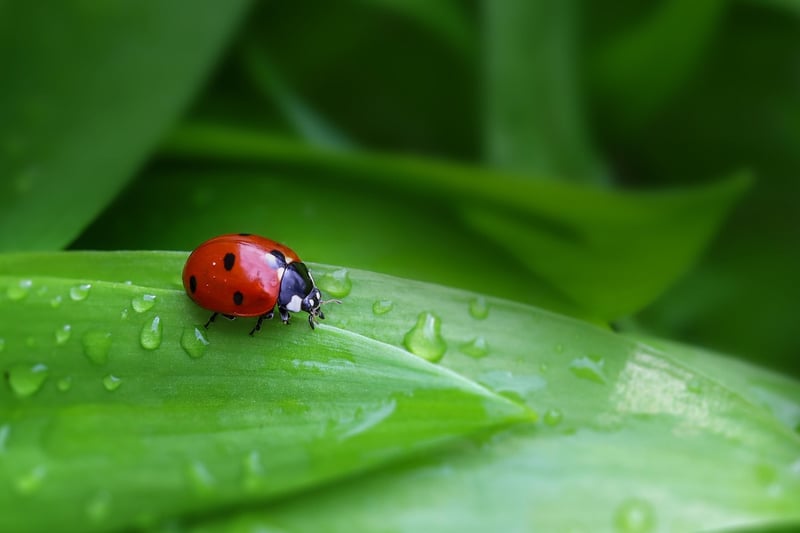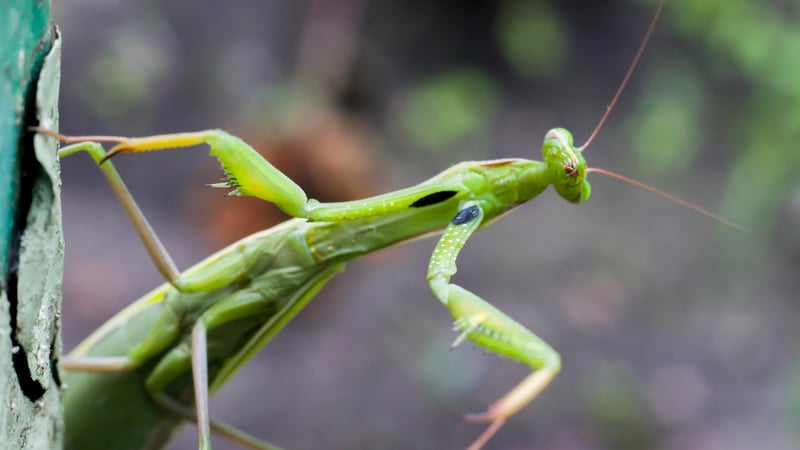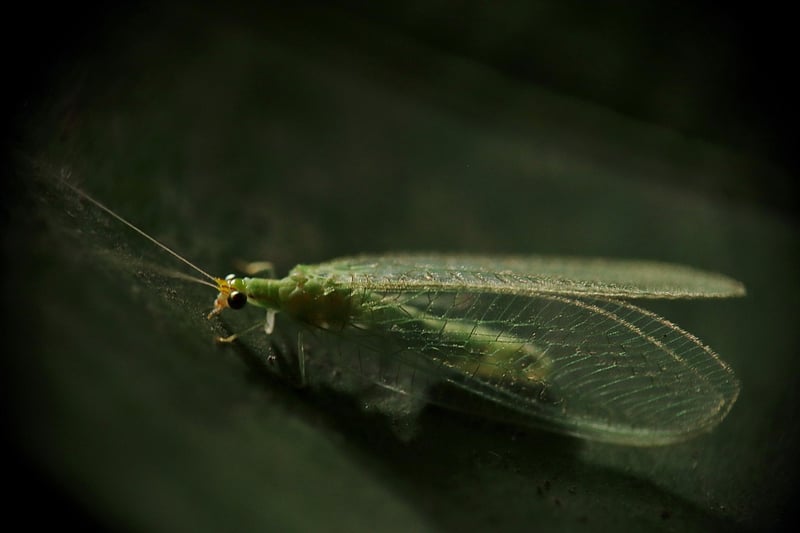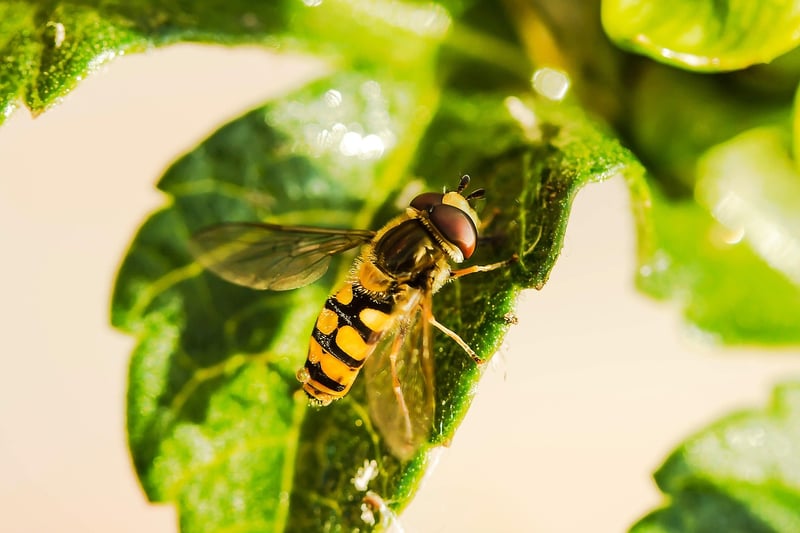Beneficial Insects
Protecting Your Garden: The Role of Beneficial Insects
As a garden enthusiast, maintaining a healthy and thriving garden is likely one of your top priorities. While pest insects can wreak havoc on your plants, there are natural allies in the form of beneficial insects that can help control pests and promote a balanced ecosystem in your garden.
What are Beneficial Insects?
Beneficial insects are insects that prey on garden pests, pollinate flowers, and help decompose organic matter. By attracting and supporting these insects in your garden, you can reduce the need for chemical pesticides and create a more sustainable and eco-friendly gardening environment.
Common Beneficial Insects:
- Ladybugs: Known for their voracious appetite for aphids, mealybugs, and other soft-bodied insects.
- Praying Mantis: Effective predators that feed on a variety of garden pests like caterpillars, flies, and mosquitoes.
- Lacewings: Their larvae feed on aphids, mealybugs, and other small insects, making them valuable allies in pest control.
- Hoverflies: Important pollinators that also help control aphids and other small insects in the garden.
How to Attract Beneficial Insects to Your Garden:
- Plant Diversity: Create a diverse garden with a variety of plants to attract different beneficial insects.
- Provide Shelter: Include areas like rock piles, logs, or insect hotels for beneficial insects to hide and lay eggs.
- Avoid Pesticides: Minimize the use of chemical pesticides to ensure the survival of beneficial insects.
- Plant Pollinator-friendly Flowers: Include flowers like marigolds, lavender, and sunflowers to attract pollinators.
Conclusion:
By understanding the importance of beneficial insects in your garden and taking steps to attract and support them, you can create a balanced ecosystem that thrives without the need for harmful chemicals. Embrace these natural allies and watch your garden flourish with their help!




